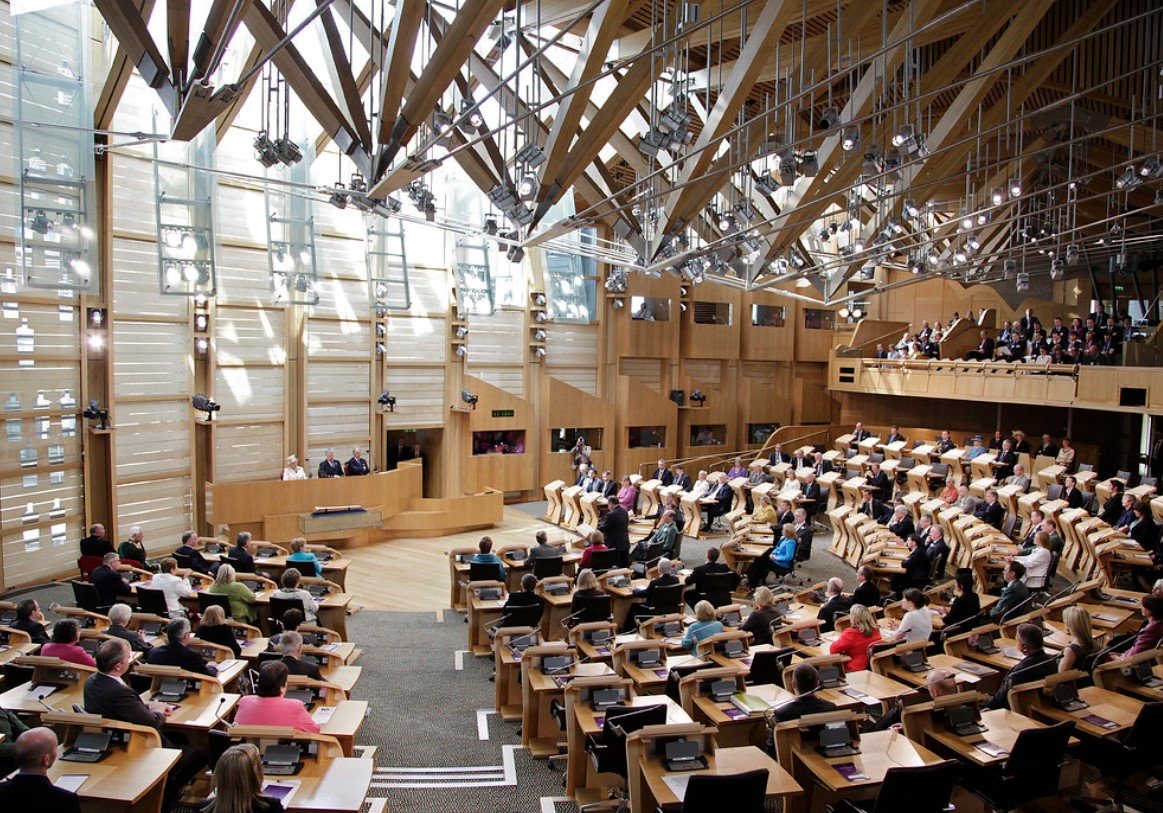In the wake of a pioneering pilot program, a startling revelation has surfaced from the heart of Scotland’s political arena. The program, designed to quantify the extent of online abuse hurled at Members of the Scottish Parliament (MSPs), has uncovered over 8,000 comments laced with vitriol, 461 of which crossed the line into criminality. This surge in digital hostility is not just numbers on a screen; it’s a reflection of the increasingly perilous landscape that modern-day politicians navigate—a landscape marred by the tragic assassination of English MP Sir David Amess, a stark reminder of the potential real-world consequences of online hate.
The Digital Battleground
The trial, involving 38 MSPs, laid bare the barrage of abuse that politicians endure. On average, each MSP was targeted with 12 abusive messages, a sobering statistic that underscores the relentless nature of the attacks. The majority of these messages were directed at members of the ruling Scottish National Party, painting a picture of a targeted campaign of harassment. Among the sea of general abuse, a significant portion—452 comments—were identified as racially or religiously charged, a disturbing testament to the undercurrents of prejudice that still plague our society.

The Human Cost
The impact of such relentless abuse is not to be underestimated. For the politicians on the receiving end, the effects are far-reaching, seeping into their professional duties and personal well-being. The trial’s findings have prompted a decisive response from the Scottish Parliament, which has now made the program a permanent fixture. This move, coupled with the recruitment of an additional security analyst, is a clear acknowledgment of the severity of the issue and a step towards safeguarding the mental health and safety of Scotland’s public servants.
A Call for Change
The trial’s revelations have sparked a broader conversation about the nature of political discourse and the responsibility of social media platforms. As the digital age affords unprecedented access to public figures, it also raises questions about the boundaries of free speech and the accountability of those who overstep them. The anonymity of the internet should not be a shield for criminal behavior, and as Scotland takes measures to address this growing concern, it sets a precedent for other states to follow suit.



































